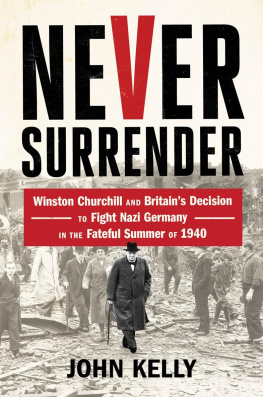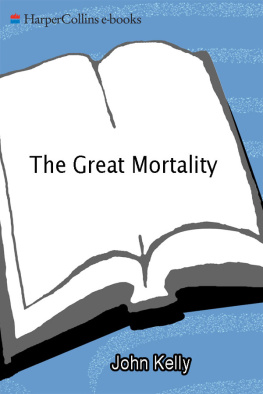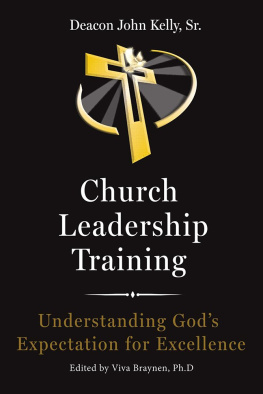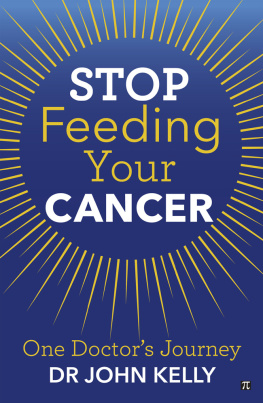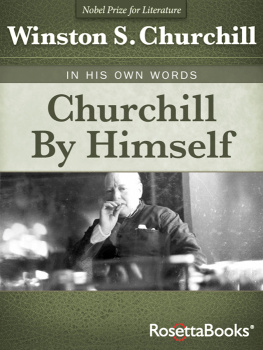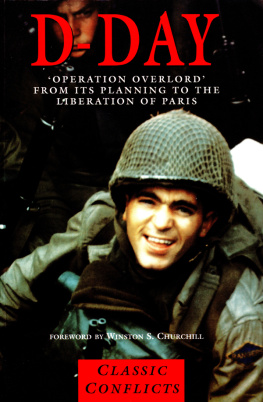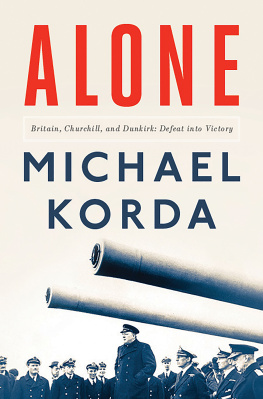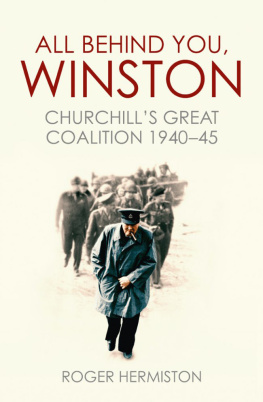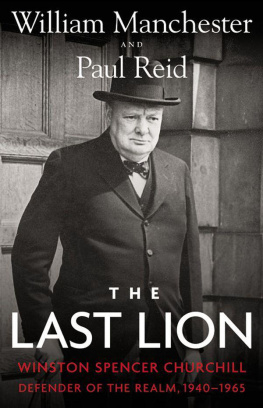Thank you for downloading this Scribner eBook.
Join our mailing list and get updates on new releases, deals, bonus content and other great books from Scribner and Simon & Schuster. CLICK HERE TO SIGN UP or visit us online to sign up at
eBookNews.SimonandSchuster.com

CONTENTS
For Jack Dawson Kelly
CHAPTER ONE
NEVER AGAIN
London, July 1819, 1919
The showers and cool temperatures predicted for July 19 arrived from Ireland a day early. By midafternoon on the eighteenth the air was heavy with the smell of rain, and the low, cheerless sky above Parliament had the look of trouble about it. In Kensington Gardens, transformed into a temporary billet for Allied and Empire troops, fifteen thousand soldiers sat in unheated tents, cursing the foul English weather in Italian, Polish, Portuguese, Serbian, and Japanese. At Albert Gate, where the Horse Guards had just finished a final drill for the next days Victory Day Parade, a Guards colonel scanned the sky, then ordered a work crew to hurry and sweep up the horse droppings before the rain began. In Whitehall and Westminster, where the prestige of the British Empire was a perpetual preoccupation, there was concern about an international embarrassment should a heavy rain suppress turnout. Toward evening, with the sky still stubbornly overcast, almost the only outposts of hope remaining in the imperial capital were the War Office, which, despite the rain threat, had had a bust of Lord Kitchener moved down to the entrance for the parade, and the Daily Mail , which fearlessly predicted that rain or no rain, the crowds would be huge; and so it proved.
Even before the lamplights were turned off at 5:00 a.m., people were gathering along the six-mile parade route that ran in a rectangle through central London. By 8:00 a.m. Trafalgar Square had become a throbbing mass of humanity. By 9:00 a.m. the swelling tide had spilled over into Whitehall; people stood six and seven deep. To provide more standing room, some merchants removed the glass panes from their display windows, but it was like putting a finger in a dike. Through the early morning hours, the throngs in central London swelled and swelled again. Veterans came on crutches and in wheelchairs; widows came in mourning black; the young, who had known nothing but war, came, eager to see what peace looked like; and the old came grieving for the Victorian world of their youth, when no one knew yet what a century of industrial revolution could do to the human body.
Not one in ten of the troopers assembled in the staging area at Albert Gate below Hyde Park had expected to be alive to see this day; some had begun to wonder whether their children would live to see it. Yet here it was, after a thousand savage dawns and three million Allied dead: victory, glorious victory. As the crowd looked on, the troops were briefed on the parade route. Big Ben chimed 10:00 a.m., church bells pealed from every point in the imperial capital, and the Americans, whom alphabetical order dictated come first, marched out of Albert Gate. Pine-tall and still fresh-faced after only a few months of heavy combat, the cocky Yanks were a reminder of what European soldiers had looked like before the machine gun and the artillery barrage found them. Rifles slung over the shoulder, arms swinging in unison, the Yanks disappeared into the crowd singing, Over there, over there, we wont be over till its over, over there. The Belgians, who came next, were short and stumpy, and the state of their beards and mustaches did not speak highly of their personal hygiene. Still, unlike the Americans, the gallant little Belgians had been in the fight from the beginning, from August 1914, and the crowd was determined to find virtues in them, even if the virtues had to be invented. There [is] something very citizen-like about the Belgians, declared one spectator. The appearance of the French caused a frisson of excitement. Here was le glorie itself in an Adrian helmet and horizon-blue uniform. No army had emerged from the war with more prestige, and no Allied army, except the now-defunct Czarist Russian army, had paid so high a price for le glorie1.3 million dead and 4.2 million wounded in a population of 40 million. Everywhere along the parade route, confetti and cheers showered down on the poilus, who had endured at Verdun, at the Marnewho had endured on battlefields even stones had found unendurable. Forty-five minutes of Serbians in brightly colored sajkacas an indented cap that looked alarmingly like a collapsed birthday cakeItalians in jaunty, feathered alpine hats, and Japanese in faux European uniforms followed. Then the moment the crowd had been awaiting arrived. The British Expeditionary Force, given pride of place at the end of the parade, marched out of Albert Gate behind their commander, Field Marshal Sir Douglas Haig, a handsome blond cavalryman who, the Manchester Guardian would note the next day, looked even more handsome on a horse.
Anyone with an eye for such things could tell that the British contingent was composed of three different armies. The older men belonged to the prewar professional army, savaged during the encounter battles of 1914 and the early trench warfare of 1915; the younger men, to Kitcheners volunteer army, decimated in the battles of 1916 and 1917; and the youngest troops, many just boys really, belonged to the conscript army that, in its turn, had been badly mauled during the German offensive and Allied counteroffensives of 1918. On this Victory Day, the British death toll stood at seven hundred thousand for the home islands and more than a million for the empire as a whole, and grave details were still digging up the remains of Oxford boys on the Somme, Canadian farmers at Passchendaele, and New Zealand and Australian sheepherders at Gallipoli. Not long before he was killed, the soldier-poet Wilfred Owen called the war a carnage incomparable. For fifty-one months, the cream of the British Empire had been marched into the mud of northwestern France and Flanders and been slaughtered. There was no other word for it; but the truth was too unbearable, so as the casualty lists mounted, the human need to find meaning in death, especially young death, had, with some help from the British government, turned the great carnage into the Great Sacrifice. Posters of a dead Tommy lying at the foot of the crucified Christ abounded, and rare was the school assembly that did not include a recitation of Rupert Brookes poem The Soldier:
If I should die, think only this of me:That theres some corner of a foreign fieldThat is for ever England.
Toward noon on Parade Day, a well-dressed, middle-aged woman emerged from the crowd in Whitehall, darted across the street, fell to her knees in front of the Cenotaph, and placed a bouquet of lilacs under the inscription at its base, The Glorious Dead. Those spectators still on speaking terms with God offered up a prayer for the woman; those who were not just stared, transfixed by her grief. Then the blare of military music brought the crowd back to life, and the BEF marched by at parade pace under a blazing canopy of brightly colored regimental flags embroidered with the place-names that had become household words in Britain: First Battle of Ypres, Second Battle of Ypres, Third Battle of Ypres, First Battle of the Marne, Second Battle of the Marne, Somme, Loos, Vimy Ridge, Passchendaele, Gallipoli.
A year after the Victory Day Parade, the remains of six unidentified British soldiers were retrieved from the mud of a Flanders field and sent to a military facility in France, where a blindfolded Guards officer chose one set for internment in England. An hour later the remains were placed inside a casket, specifically designed for the occasion by the British Undertakers Association, and on Armistice Day 1920 the remains were interred at Westminster Abbey with full military honors. For King George V, the Westminster ceremony was the second memorial event of the day. Earlier that morning, he had unveiled a new cenotaph in Whitehall; the temporary plaster and wood model created for the Victory Day Parade had proved such a success that the government had decided to commission a permanent stone version. Soon thereafter, Manchester, Southampton, and Rochdale also had cenotaphs, and as the idea caught on around the empire, so, too, did Toronto, Auckland, and Hong Kong. In the early postwar years, human memorials to the Great Sacrifice also abounded. There were the legions of young womenpart of Britains 1.7 million surplus womenwho gathered at the local cinema on weekends to dream about Ramn Novarro and Rudolph Valentino, now that all the boys they might have dreamed of had gone to a soldiers grave. There were the ubiquitous one-armed porters, one-eyed barristers, and one-legged butchers. Mercifully, the government kept the grands mutils , the grotesquely disfigured of face and limbless of body, out of view in military hospitals.
Next page
